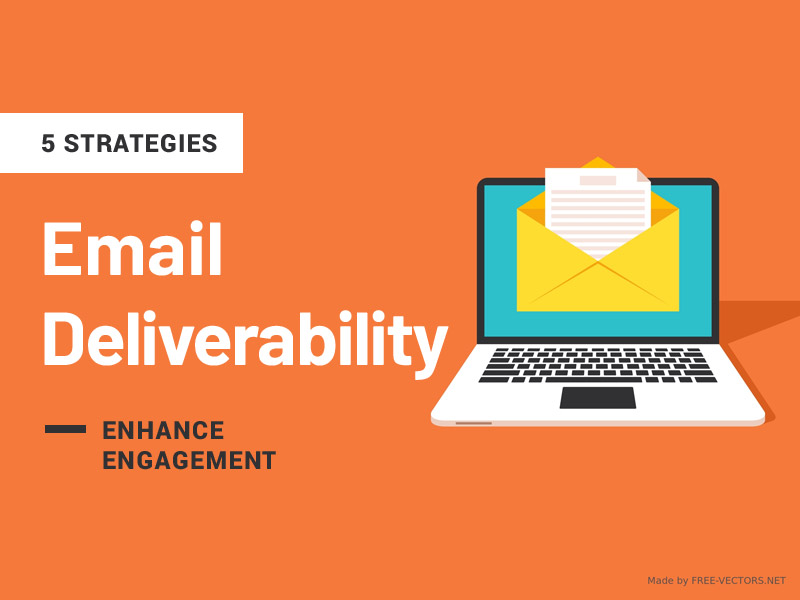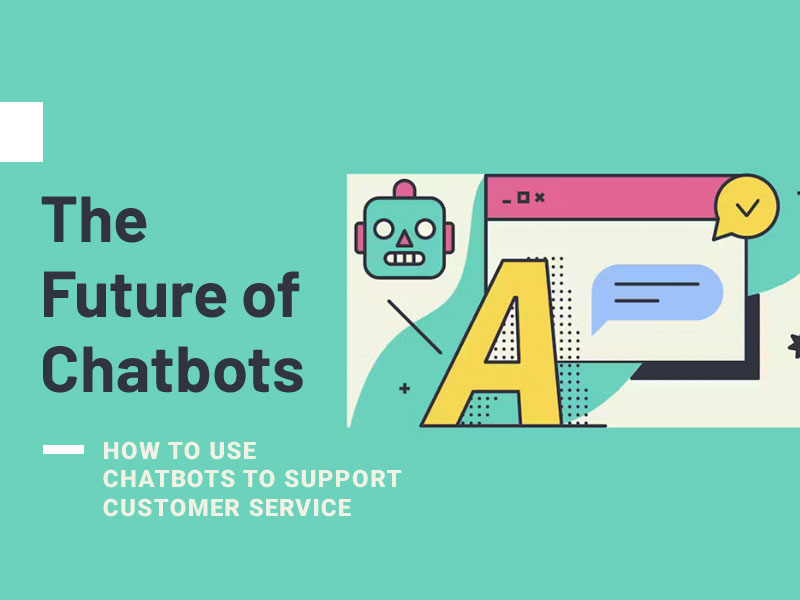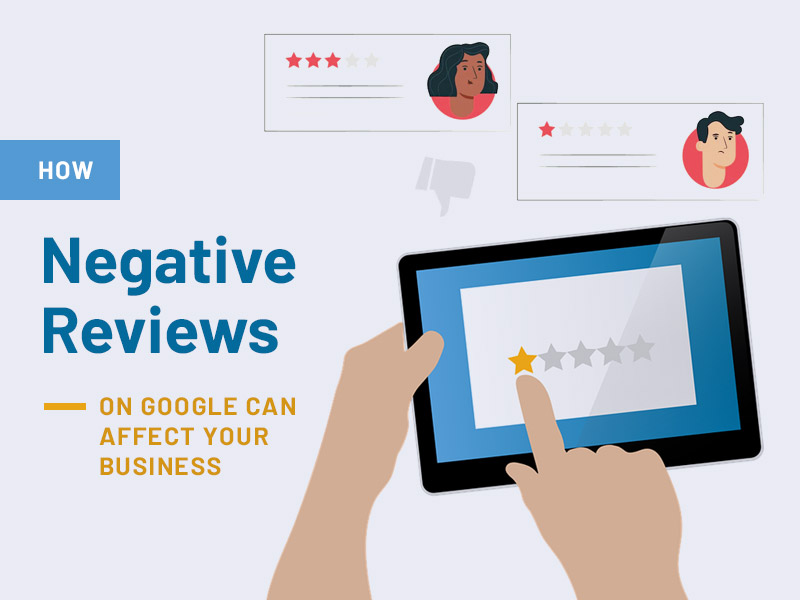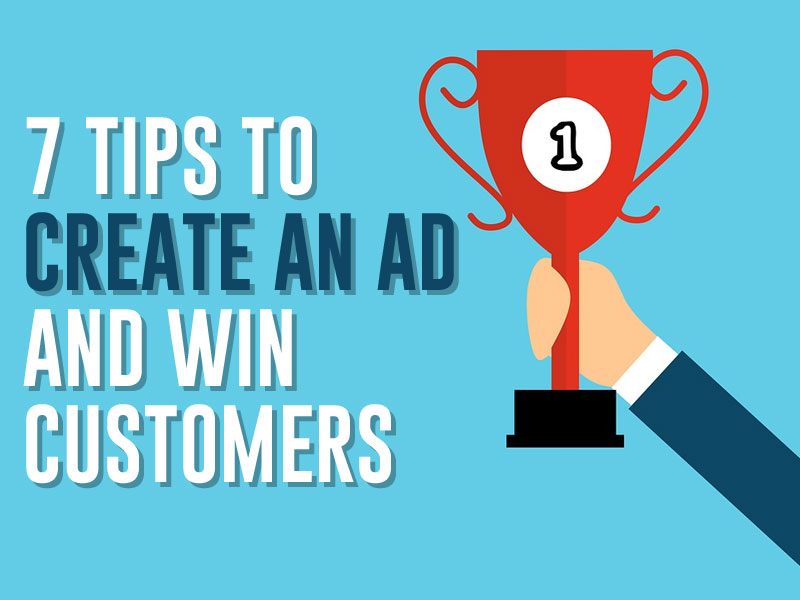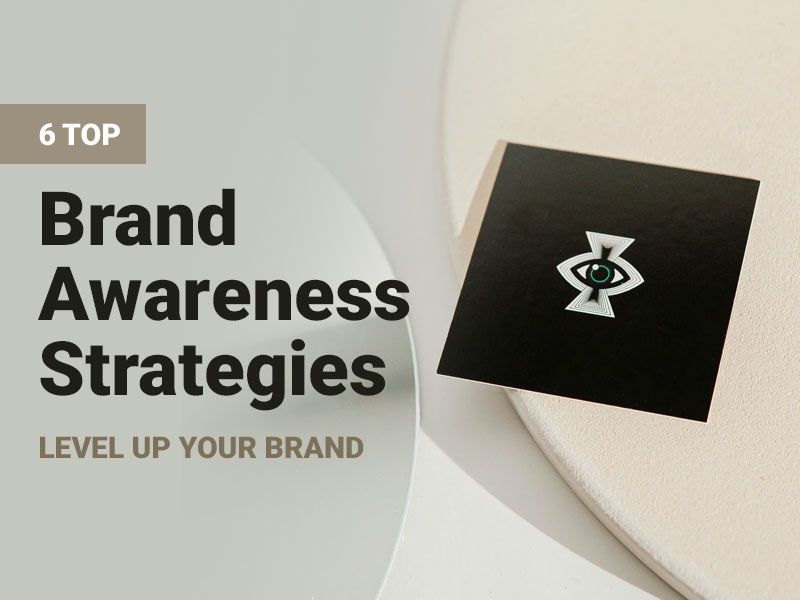The world of digital marketing is an ever-shifting environment. Technologies change, consumer habits evolve, and algorithms redefine, in what feels like a blink of an eye. However, one particular mindset addresses and even requires change more than others; It’s Adaptability. Let’s look at the reasons behind that statement, and understand what’s so important about being an adaptive digital marketer.
Changes of Digital Marketing
It’s safe to assume that digital marketing thrives on new concepts. A brand new platform that caters to a unique user base can pop up overnight and solicit your marketing effort on their behalf. For instance, the recent uptick of the short-form video platform, TikTok, presents digital marketers with new and exciting opportunities for content creation. A digital marketer solely focused on blogging content might have missed reaching a younger demographic that appreciates and watches short clips. Moreover, same as the platforms, user habits shift. They have less time in the day, shorter attention spans, and unusual preferences. A digital marketer who doesn’t change their content strategy to adapt and gauge the mindset of their audience, swings to deaf ears. Lastly, search engine algorithms are updated regularly. That’s why a digital marketer can apply a highly effective SEO strategy today and have their e-shop at the top of every SERP, just to wake up tomorrow and find out that now the content must match the updated algorithms.
Guiding your content with these transformations across every stage of the digital marketing process, you increase your possibility to adapt. It’s more comfortable and accepting to experience and incorporate changes with your mindset rather than fight these changes with daily effort against.
There are several benefits to being an efficient digital marketer who relies on adaptability: such a professional can always be one step ahead of others and capitalize on emerging trends and technologies. In this way, the marketer will always have time to become familiar with a tool or a new channel of promoting their services or products and develop proficiency in its application by the time it enters wide use. In addition, adaptable marketers constantly analyze their campaigns’ performance and modify their strategies depending on the results of the analysis.
Their hands-on approach achieves the best results in terms of conversion rates and return on investment by allowing marketers to continually adapt based on the data, emerging trends, and other factors. Finally, resiliency is another benefit of being adaptable, as even when digital marketers face sudden changes in their strategies, changes in the behavior of the target audience, and large updates from platforms themselves, the ability to change and adapt to the new order will protect them from crisis.
What to Do to Adapt as a Digital Marketer
Finally, here are some tips to help digital marketers become more adaptable. To succeed in this, they need to have a constant desire to learn new things and grow, develop a growth mindset, and not be excessive in their ambitions:
Keep abreast of the latest IT news, join relevant online communities, and subscribe to industry magazines and newspapers;
Analyze your data, including ad performance, target audience response to their messaging, and more;
Do not be afraid to experiment
Undertake A/B testing to compare the results of two models to determine which one is more effective.
Foster a Growth Mindset
Take a “learning-by-doing” approach and step outside your comfort zone. Enroll in online courses or workshops and actively seek new skills and tools to learn.
Network with Other Marketers
Lastly, the best way to adapt is to surround yourself with other adaptable and successful digital marketers. Make new contacts and connect with your peers at industry events or online communities. Share your experiences and accept the experiences of others. Learn from them and let them learn from you.
Adaptability in Action: Examples of Successful Implementation
Now that we’ve tackled the how’s and why’s, it’s time to dive into some examples of adaptable digital marketers achieving their objectives. Here are some real-world situations in which adaptability helped marketers succeed:
Influencer Marketing
Back in the day, brands relied solely on movie stars or athletes to endorse their products. Enter social media and the rise of “influencers.” Decades-old brands such as Nike or Adidas won’t work with influencers, right? However, these adaptable marketers saw the influencer wave coming by a mile. They knew the power of up-and-coming social media personalities and micro-influencers and decided to involve them in their marketing strategy. As a result, they managed to reach out to new audiences and strengthen connections with well-suited influencers who shared the company’s values and mission.
Short-Form Video
A new social media platform emerges, and it’s becoming hotter by the minute: TikTok. Adaptable digital marketers don’t hesitate for a moment before creating short, engaging, and to-the-point video content. This is specifically adapted to the platform’s short-form video format and appeals to its predominantly younger audience. This results in a viral video reaching millions on TikTok or other similar new social networks.
Embracing Automation One of the first adaptation strategies for digital marketers is leveraging automation. Marketing automation tools can help with reducing the time spent on performing repetitive tasks. Moreover, it allows digital marketers to spend more time performing essential work-related tasks. The use of marketing automation can help digital marketers devote more time to creative content development, data analysis, and campaign optimization.
Adapting to Privacy Regulations One of the key factors, which is forcing digital marketers to be more adaptable, is the emergence of new regulations. For instance, the General Data Protection Regulation, or GDPR, has made essential changes in how the data of European Union residents can be processed. As such, marketing professionals have to keep track of new regulations that are being set, and they have to data and targeting practices. Moreover, it has enhanced the importance of building proper trust and providing transparency with one’s customers.
Conclusion:
Summing up, it is possible to note that the only sustainable characteristic of the digital marketing profession is the fact that it will continue to change. As such, the ability to adapt can be defined as the most important characteristic that digital marketer services should have. The factors above can be viewed as the essential ones. Thus, it is critical to stay informed, remain curious about data, and have a growth mindset. Moreover, experimenting is another way to promote one’s adaptation . The use of marketing automation tools is one of the actionable strategies.


